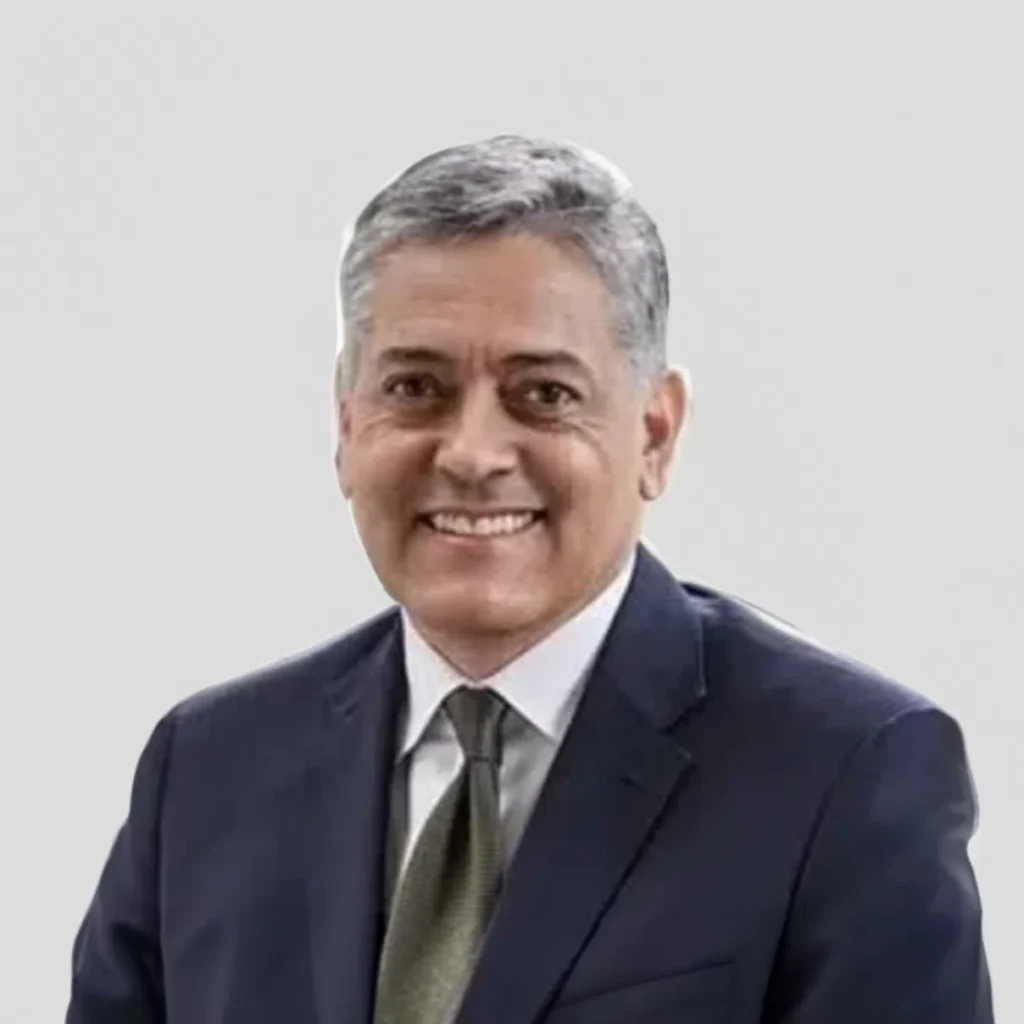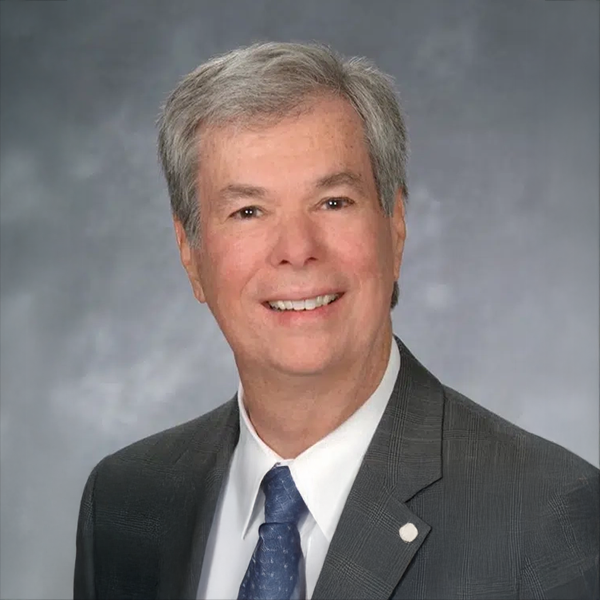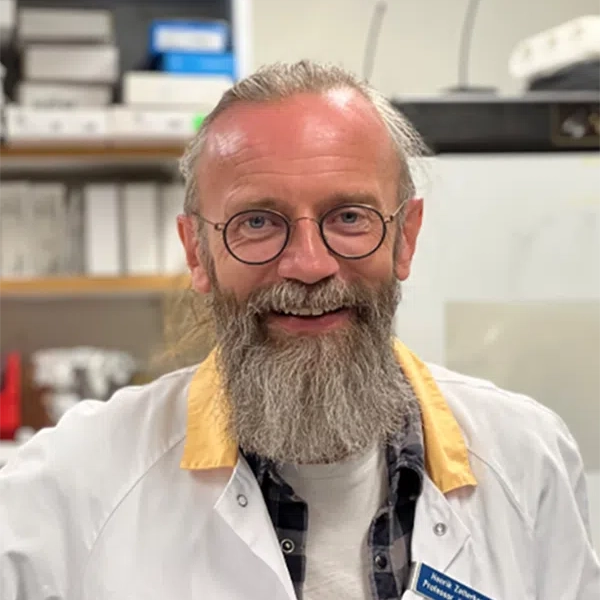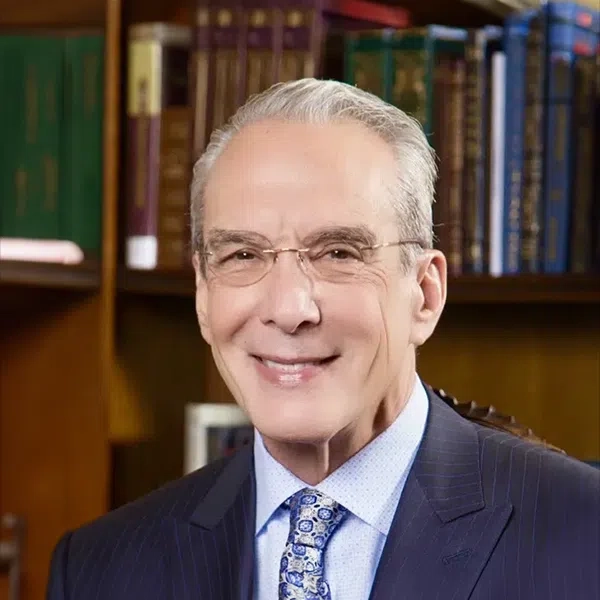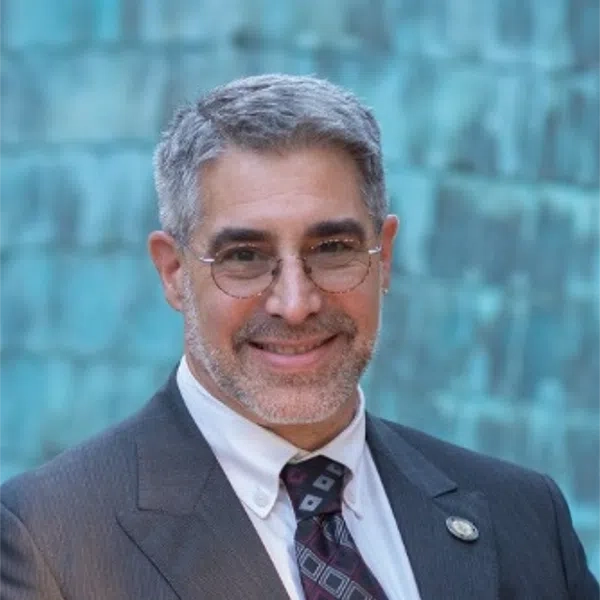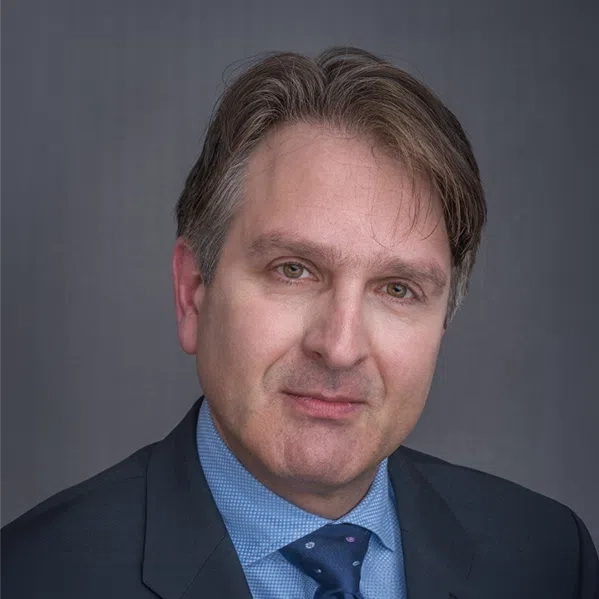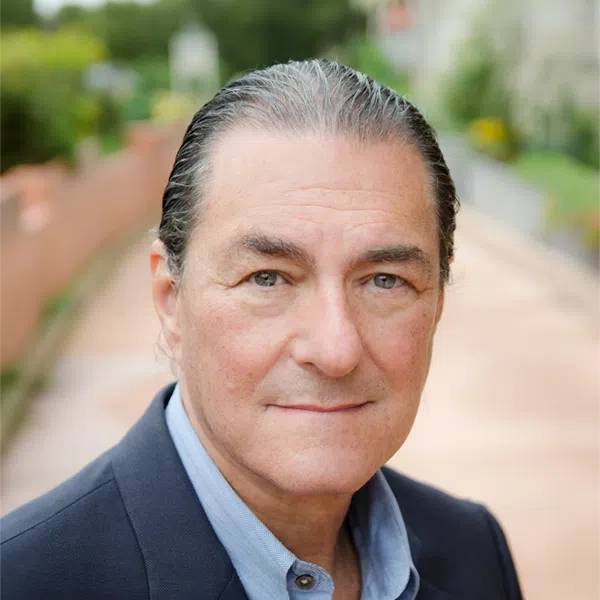About Us
Advancing the Future of Diagnosis
Driven by science, guided by patients, and built for global impact
Our Mission
To empower early, accurate, and accessible Alzheimer’s disease diagnosis, transforming how the disease is detected, treated, and prevented.
Our Vision
Shaping a future where Alzheimer’s disease is prevented through early detection–improving lives and changing the trajectory of the disease on a global scale.
Our Leadership Team
Meet the team leading our scientific, clinical, and strategic efforts to drive earlier detection and better outcomes. Focused, relentless, and driven by results, we build the tools and partnerships needed to shift Alzheimer’s disease diagnosis earlier to make a real difference.
CEO and President
Chief Business Officer
VP of Research & Development
Chief Financial Officer
Our Board of Directors
Our Board brings experience in company building, scaling diagnostics, and navigating complex markets to help guide our mission and expand its impact.
Our Advisory Board
Our Advisory Board is composed of many of the field’s most distinguished leaders and clinical experts in Alzheimer’s disease and other neurological conditions. Their guidance strengthens our science and accelerates our progress.
Distinguished Scientific Advisor
Vice Chair
Co-Founder
Connect With Us
If you’re building the future of Alzheimer’s diagnostics – whether you’re developing a test, designing a clinical trial, or diagnosing and treating patients – we should talk.








